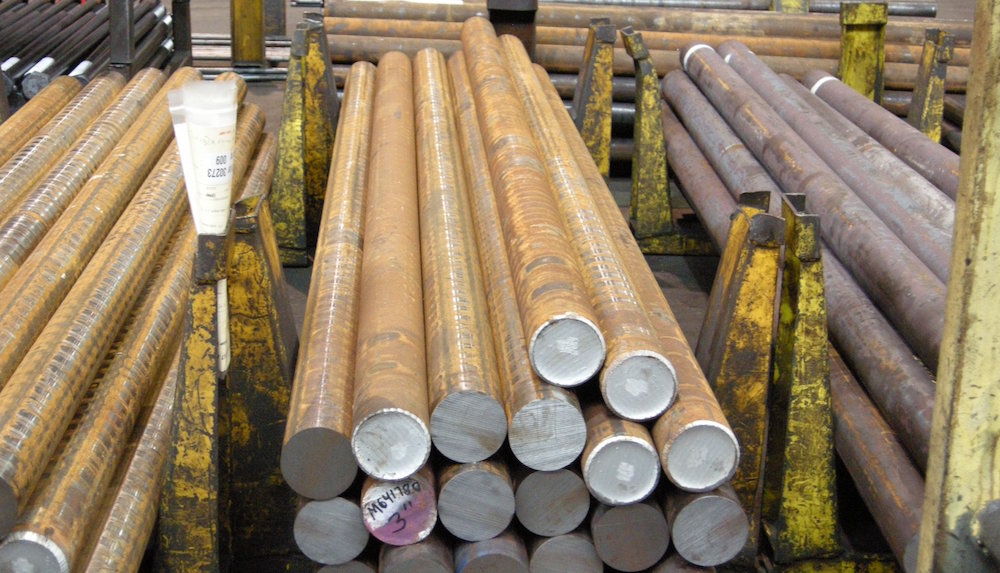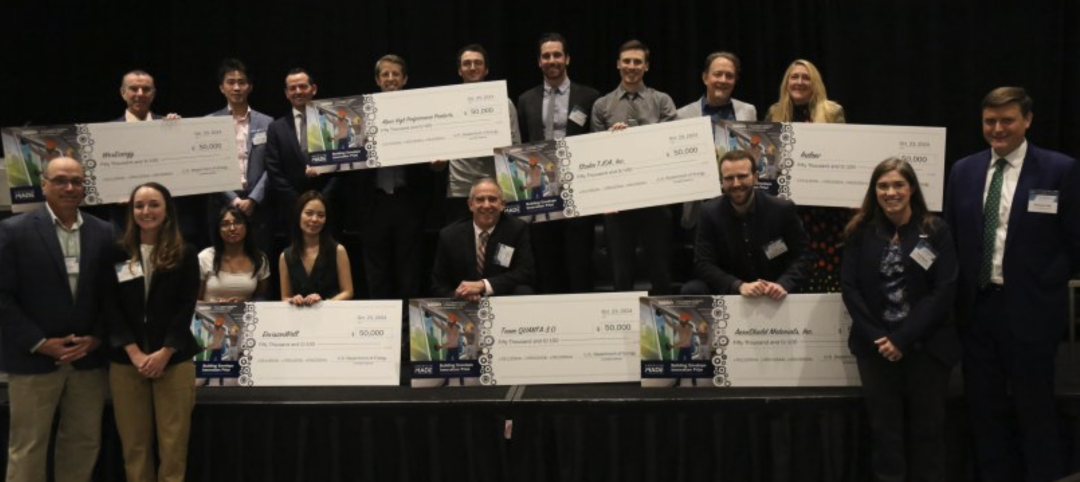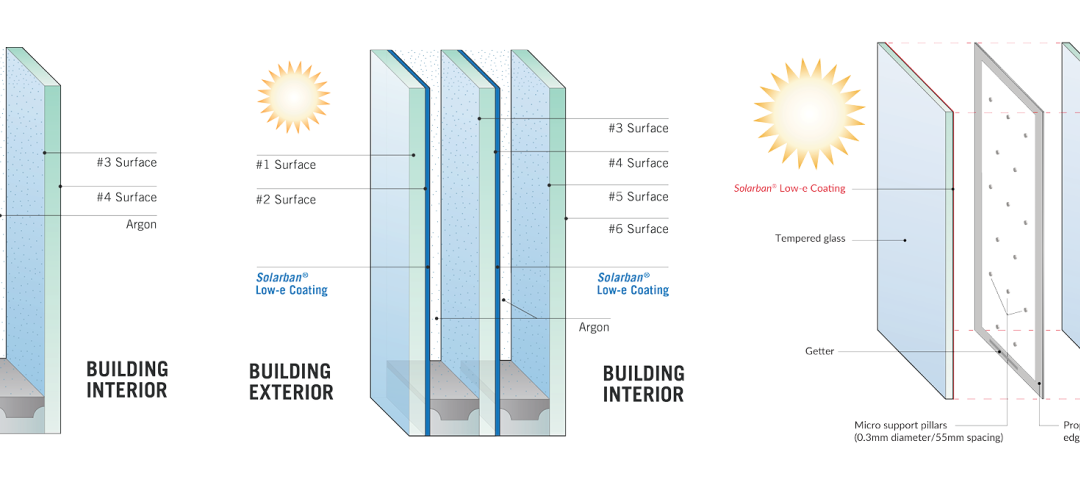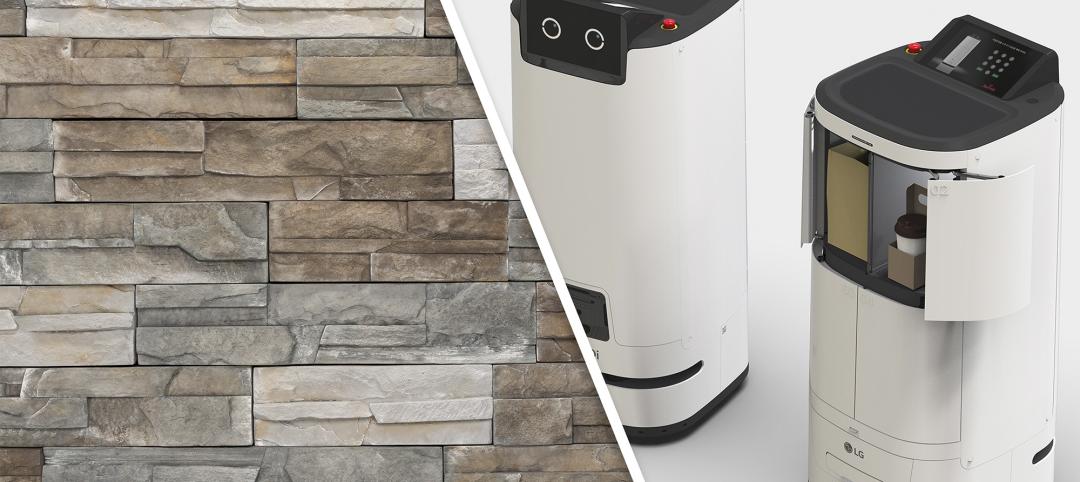Construction input prices expanded by 0.7% in May and have now expanded for three consecutive months according to an analysis of the Bureau of Labor Statistics Producer Price Index released by Associated Builders and Contractors (ABC). The rise follows eight consecutive months during which construction input prices fell; prices remain 3.4% below their year-ago level.
Nonresidential construction input prices expanded by 0.9% in May, but are still 3.5% below their year-ago level. Price gains were largely driven by iron and steel prices and steel mill product prices, which expanded 5.8% and 4.6% for the month, respectively.
"After falling sharply during all of 2015 and into the early months of 2016, an increase in global commodities prices had to happen as markets firmed," said ABC Chief Economist Anirban Basu. "While much attention has been given to the recent rise in oil prices to around $50 per barrel, other commodity prices have also experienced a resurgence, including iron ore.
"That said, the global economy continues to disappoint relative to expectations established at the start of the year," said Basu. "Higher prices may stimulate new rounds of production, including in energy markets, but the implication is that prices are unlikely to rise smoothly or dramatically going forward. Analyst views regarding the direction of commodity prices diverge wildly. While supply and demand play a role in fashioning commodity prices, so too does the value of the U.S. dollar. U.S. interest rates remain low and in many cases have been declining. The dollar has correspondingly weakened in recent weeks. Should that continue, commodity price increases could be sharper than we presently anticipate."
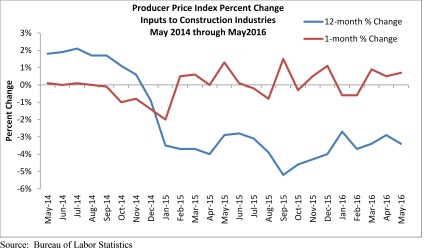
Nine key input prices expanded or remained unchanged in May on a monthly basis:
- Crude petroleum prices expanded 0.6% from April 2016, but are down 32.5% from May 2015.
- Unprocessed energy material prices expanded 0.9% on a monthly basis, but have fallen 23.1% on a year-ago basis.
- Prices for steel mill products expanded 4.6% from a month ago, but are down 5.2% on a yearly basis.
- Iron and steel prices expanded 5.8% month-over-month, but are down 2% year-over-year.
- Softwood lumber prices expanded 2.2% for the month and 6.3% from May 2016.
- Fabricated structural metal prices remained unchanged month-over-month and are down 1.9% year-over-year.
- Prices for plumbing fixtures and fittings expanded 0.2% for the month and are up 0.3% from the same time last year.
- Prices for prepared asphalt and tar and roofing and siding products expanded by 0.4% month-to-month and 0.7% year-over-year.
- Natural gas prices rose 2.9% for the month, but are down 23.5% from the same period one year ago.
Two key input prices declined on a monthly basis:
- Nonferrous wire and cable prices fell 1.3% on a monthly basis and have fallen 9.2% on a yearly basis.
- Concrete product prices inched down by 0.1% month-over-month, but are up 3% year-over-year.
Related Stories
Building Enclosure Systems | Oct 30, 2024
Winners of Building Envelope Innovation Prize focus on secondary glazing
The U.S. Department of Energy (DOE) recently announced the winners of the first phase of the Building Envelope Innovation Prize. The prize targets high-performance, cost-effective secondary glazing systems to improve efficiency of commercial windows.
Brick and Masonry | Oct 7, 2024
A journey through masonry reclad litigation
This blog post by Walter P Moore's Mallory Buckley, RRO, PE, BECxP + CxA+BE, and Bob Hancock, MBA, JD, of Munsch Hardt Kopf & Harr PC, explains the importance of documentation, correspondence between parties, and supporting the claims for a Plaintiff-party, while facilitating continuous use of the facility, on construction litigation projects.
Building Materials | Aug 19, 2024
Federal 'buy clean' construction materials label program unveiled
The U.S. Environmental Protection Agency announced a plan for implementing a new label program to boost American production of more climate-friendly construction materials and products. The label program will prioritize steel, glass, asphalt and concrete.
Glass and Glazing | Aug 16, 2024
The next generation of thermal glazing: How improving U-value can yield energy savings and reduce carbon emissions
The standards for energy-efficient construction and design have been raised. Due to the development of advanced low-e coatings for the interior surface and vacuum insulating technologies, architects now have more choices to improve U-values wherever enhanced thermal performance is needed to create eco-friendly spaces. These options can double or even triple thermal performance, resulting in annual energy savings and a positive return on carbon.
Sustainability | Aug 14, 2024
World’s first TRUE Zero Waste for Construction-certified public project delivered in Calif.
The Contra Costa County Administration Building in Martinez, Calif., is the world’s first public project to achieve the zero-waste-focused TRUE Gold certification for construction. The TRUE Certification for Construction program, administered by Green Business Certification Inc. (GBCI), recognizes projects that achieve exceptional levels of waste reduction, reuse, and recycling.
Products and Materials | Jul 31, 2024
Top building products for July 2024
BD+C Editors break down July's top 15 building products, from Façades by Design to Schweiss Doors's Strap Latch bifold door.
Smart Buildings | Jul 25, 2024
A Swiss startup devises an intelligent photovoltaic façade that tracks and moves with the sun
Zurich Soft Robotics says Solskin can reduce building energy consumption by up to 80% while producing up to 40% more electricity than comparable façade systems.
Great Solutions | Jul 23, 2024
41 Great Solutions for architects, engineers, and contractors
AI ChatBots, ambient computing, floating MRIs, low-carbon cement, sunshine on demand, next-generation top-down construction. These and 35 other innovations make up our 2024 Great Solutions Report, which highlights fresh ideas and innovations from leading architecture, engineering, and construction firms.
Building Technology | Jun 18, 2024
Could ‘smart’ building facades heat and cool buildings?
A promising research project looks at the possibilities for thermoelectric systems to thermally condition buildings, writes Mahsa Farid Mohajer, Sustainable Building Analyst with Stantec.
Concrete Technology | Jun 17, 2024
MIT researchers are working on a way to use concrete as an electric battery
Researchers at MIT have developed a concrete mixture that can store electrical energy. The researchers say the mixture of water, cement, and carbon black could be used for building foundations and street paving.


